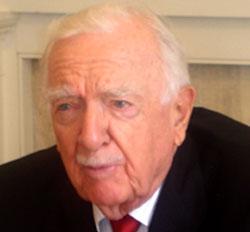Useful survey of different ways of searching for a sustainable business model.
Crowdfunding, or getting many people to donate small amounts of cash to fund a project, startup, or service, is nothing new. Think public radio or television pledge drives. Think political campaigns. Think tip jar. Now, as the media landscape changes and traditional revenue sources are beginning to disappear, some forward-thinking journalists and entrepreneurs are starting to apply the crowdfunding concept to the news. A new crop of sites are combining crowdfunding with volunteer and professional contributions in order to source news that people want to read.
There are two issues with crowdfunded sites that also have volunteer journalists, however: who’s going to pay for it and who’s going to write it. These sites are experimenting with ways of answering these questions….

